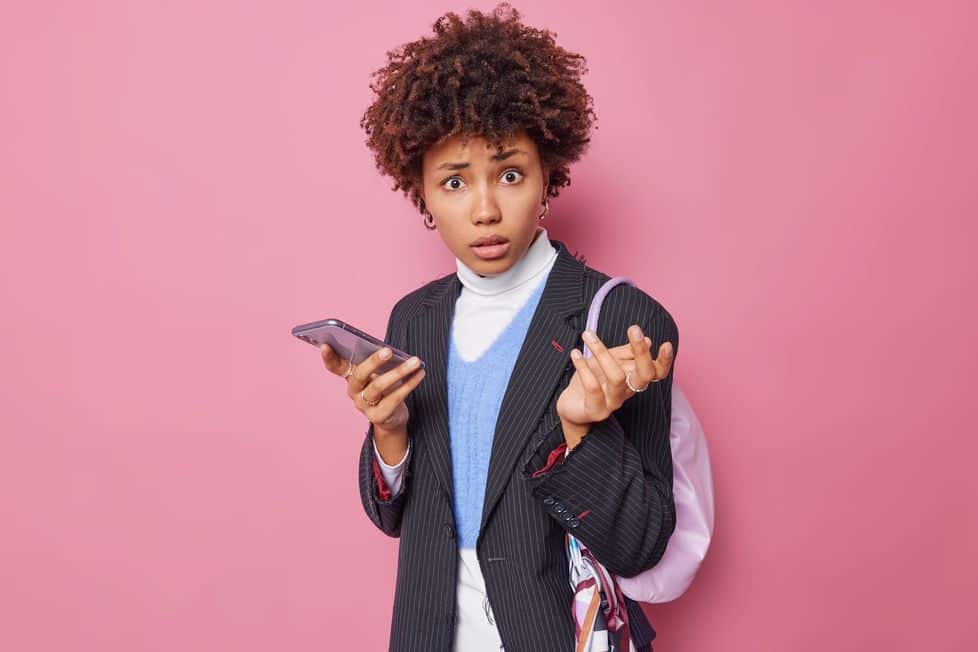Nervousness, anxiety, insecurity, anger or dependency. These are some of the sensations and disorders derived from not having access to a mobile phone for a week. This is what nearly a hundred young volunteers between the ages of 15 and 24 experienced who have recently participated in research led by the University of Malaga (UMA) and in which the Complutense University of Madrid and the Miguel Hernández University of Madrid have also collaborated. Elche, in addition to several European ones. The study, a pioneer in Europe and which will end at the end of 2023, has as its main objective to discover the informational use of social networks in this age group. The experiment, carried out between May and July 2022, lasted three weeks. In the first, the youngsters made normal use of their mobile phones, in the second they were without them and in the third they could already have them and make regular use of them. In the first week it was found that they spend an average of five hours a day in front of the screen and, of these, four are dedicated to social networks and messaging services, mainly WhatsApp, Instagram and TikTok, the latter being the main information channel for Young.
“I can not stand it”
The students of 3rd and 4th year of Secondary School of the Platero School of Malaga have been some of the participants in this study. Olga Martínez, a teacher at the center and one of the experiment monitoring coordinators, points out that during that second week days of anguish, nervousness, insecurity, dependency and even anger passed. “They even commented that they couldn’t bear to see other people on public transport or on the street with their mobile phones.”

At a general level, the adolescents who participated in the study showed symptoms of anxiety on those days due to “the need to have their mobile close by”, symptoms that some even compared to those suffered when trying to quit smoking. In the specific case of the Platero students, the first days were especially complicated: “At home the beginnings were very difficult. They had plenty of time, they didn’t know what to do and they constantly missed using their mobile phones”, the teacher points out.
Recover the taste for other hobbies
However, after the first three days, Martínez began to notice the positive effects, even in the coexistence among the students themselves. In this sense, he highlights an improvement in family and social relationships or the recovery of other hobbies, such as reading, sports or simply spending more time with his pets. “They told me that they talked more with their relatives, they didn’t argue as before because of the use they made of their mobile phones, and they spent more time with them. Also some of the girls, who were natural readers in Primary, confessed that they had not read for 4 or 5 years, just when the first mobile phone came into their lives and… they had done it again!

He also underlines that, at an academic level, both that week in which they were without a mobile phone and the subsequent ones were doing better, since time was more abundant and they had fewer distractions. “Now most of the participants have decided to leave their mobile phones in another place at work and study times.”
Learn more about how young people are informed
A notable aspect of the research has been to monitor and find out how young people are informed and what type of information they receive through social networks, messaging services or notifications sent by the media. Some commented that “thanks to the mobile phone, the news reaches you and you don’t have to search for it” or that buying a newspaper “is useless” since “the web is up to date.” However, during the week they spent without their device they were forced to search more and read news outside of social networks, which, in their opinion, led them to be more informed in general. In this sense, one of the readings that have been carried out at the Platero College after the experiment is the sources they turn to for information. “Superficial and unreliable sources of information, mainly social networks (TikTok) or information that they receive involuntarily on their mobile phones and remain there, without continuing to delve into the information received or contrast it with that of professionals,” says Martínez. .
after the experiment
But what happened when the experiment ended? The young people returned to very similar levels of consumption, as before the study. However, they admitted the dependence they show on the mobile device and that their whole life is linked to it. Most of the students at Colegio Platero are currently maintaining many of the activities that they began (or resumed) during the week without a mobile phone: reading, spending time with the family, playing sports… “It is essential to warn them, guide them and give them a lot of information about what it entails having and using a mobile before giving a device to young people”, he concludes.

